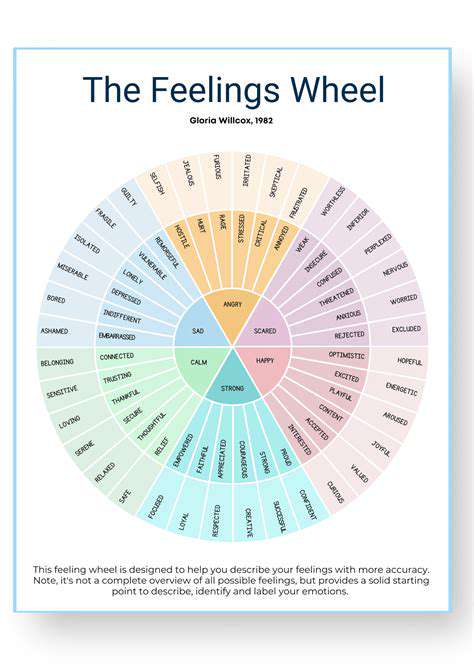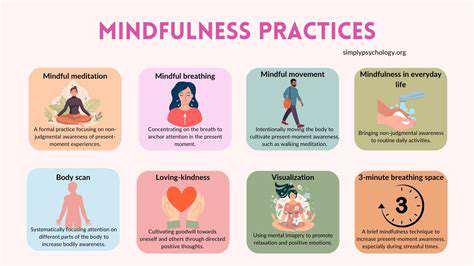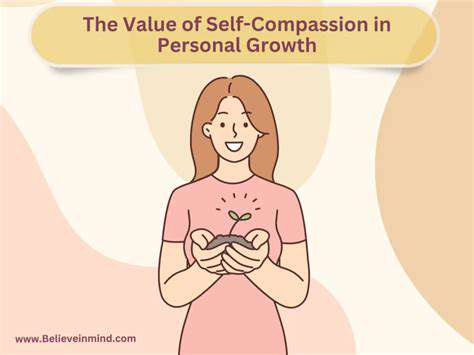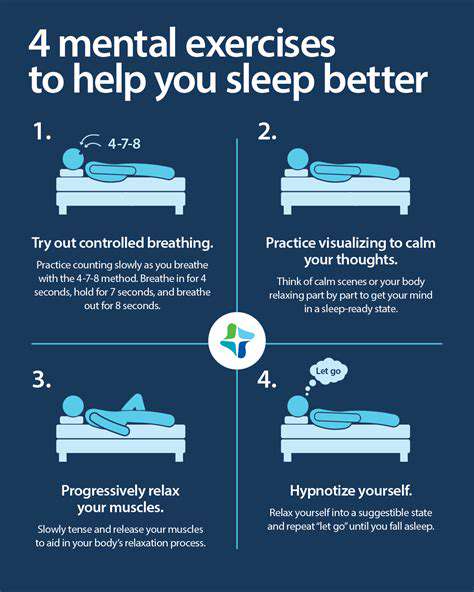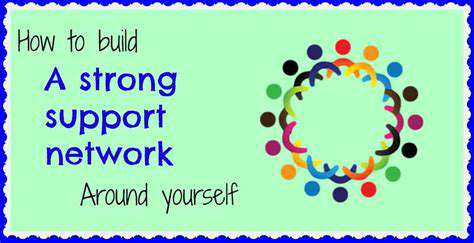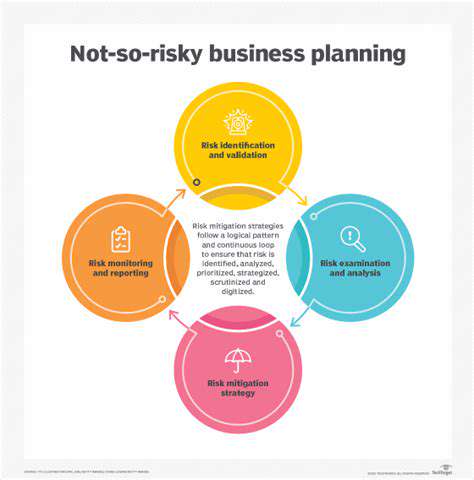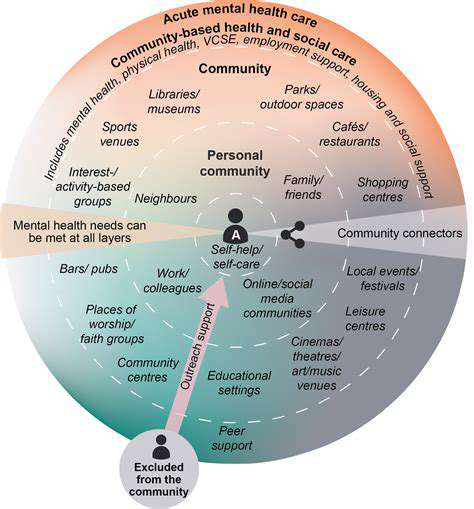Media & Mental Health: Responsible Reporting and Awareness Initiatives

The Problematic Portrayal of Mental Health in the Media
The Oversimplification of Complex Issues
Mental health conditions are frequently reduced to oversimplified tropes in media narratives, ignoring their inherent complexity. This flattening of reality breeds misconceptions and stigma, cementing harmful stereotypes while obscuring the true nature of these conditions. Television and film disproportionately highlight dramatic breakdowns rather than the gradual, often non-linear recovery processes that characterize real mental health journeys.
What if media showed people as complex individuals rather than diagnostic labels? Depicting the quiet victories, setbacks, and daily management of mental health conditions could transform public understanding. Imagine stories where characters experience mood disorders while maintaining careers, relationships, and personal growth - this balanced approach could revolutionize perceptions.
The Emphasis on Stigma and Taboo
Mainstream media continues to link mental illness with violence or instability, despite research contradicting these associations. News reports disproportionately cover violent incidents involving mentally ill individuals, creating a false correlation where none statistically exists. This creates a climate where disclosure becomes dangerous, as people fear being labeled unstable or dangerous simply for seeking help.
The absence of hopeful narratives creates particular harm. When every portrayal ends in tragedy without showing treatment success stories, audiences internalize that recovery is impossible. We need counter-examples demonstrating that with proper support, people can and do manage mental health conditions effectively.
The Lack of Representation and Diversity
Media depictions overwhelmingly feature white, middle-class experiences with depression and anxiety, neglecting the full spectrum of mental health experiences. Where are the stories of Black women navigating PTSD? Where are narratives about immigrant families understanding ADHD diagnoses? This exclusion reinforces the dangerous myth that mental health struggles only affect certain demographics.
Authentic diversity requires more than token characters. It demands storylines showing how cultural background influences mental health expression, treatment accessibility, and community support. For instance, how do collectivist cultures experience depression differently than individualist ones? These nuanced portrayals could bridge understanding gaps.
The Promotion of Harmful Myths
Popular culture continually reinforces the false dichotomy that people are either mentally ill or healthy, ignoring the continuum of mental wellbeing. The myth of willpower overcoming mental illness persists in motivational stories suggesting someone simply chose to stop being depressed. Such narratives shame those who need clinical interventions.
Journalistic media compounds this by featuring inspiration porn - stories celebrating individuals who overcame disabilities without accommodations. These feel-good pieces actually undermine disability rights by suggesting extraordinary effort should replace systemic support.
The Imbalance of Positive and Negative Portrayals
While 73% of media depictions show mental illness leading to violence (when in reality they account for just 3-5% of violent acts), less than 1% show successful treatment outcomes. This statistical distortion creates profound public misunderstanding. Where are the stories about effective therapy sessions? The portrayals of medication restoring quality of life?
A balanced approach would show both struggle and recovery without romanticizing either. For example, depicting someone managing bipolar disorder with medication side effects AND meaningful relationships would reflect reality more accurately than dramatic manic episodes alone.
The Misrepresentation of Treatments and Support
Therapy is often shown as either miraculously effective after one session or completely ineffective. In reality, cognitive behavioral therapy typically requires 12-20 sessions for noticeable improvement. Media also ignores the spectrum of care options - from support groups to occupational therapy - instead fixating on outdated asylum tropes or Freudian stereotypes.
Accurate portrayals would show the trial-and-error nature of finding effective treatments. They'd depict psychiatrists adjusting medications over time, or therapists teaching concrete coping skills - the unglamorous but reality-based aspects of mental healthcare.
The Impact on Public Perception and Stigma
Studies show media exposure significantly influences willingness to seek help. After the film Joker released, surveys showed increased fear of people with mental illness. Conversely, shows like Normal People that depict therapy positively correlate with increased help-seeking behaviors. This demonstrates media's power to heal or harm through representation choices.
Responsible portrayals could include disclaimers about treatment options, interviews with mental health professionals, or partnerships with advocacy groups. Imagine crime dramas consulting psychiatrists to accurately depict psychosis, or comedies working with advocacy groups to portray OCD without mockery.

Read more about Media & Mental Health: Responsible Reporting and Awareness Initiatives
Hot Recommendations
- AI Driven Personalized Sleep Training for Chronic Insomnia
- AI Driven Personalization for Sustainable Stress Management
- Your Personalized Guide to Overcoming Limiting Beliefs
- Understanding Gender Dysphoria and Mental Health Support
- The Power of Advocacy: Mental Health Initiatives Reshaping Society
- Building a Personalized Self Compassion Practice for Self Worth
- The Ethics of AI in Mental Wellness: What You Need to Know
- AI Driven Insights into Your Unique Stress Triggers for Personalized Management
- Beyond Awareness: Actionable Mental Health Initiatives for Lasting Impact
- Creating a Personalized Sleep Hygiene Plan for Shift Workers
